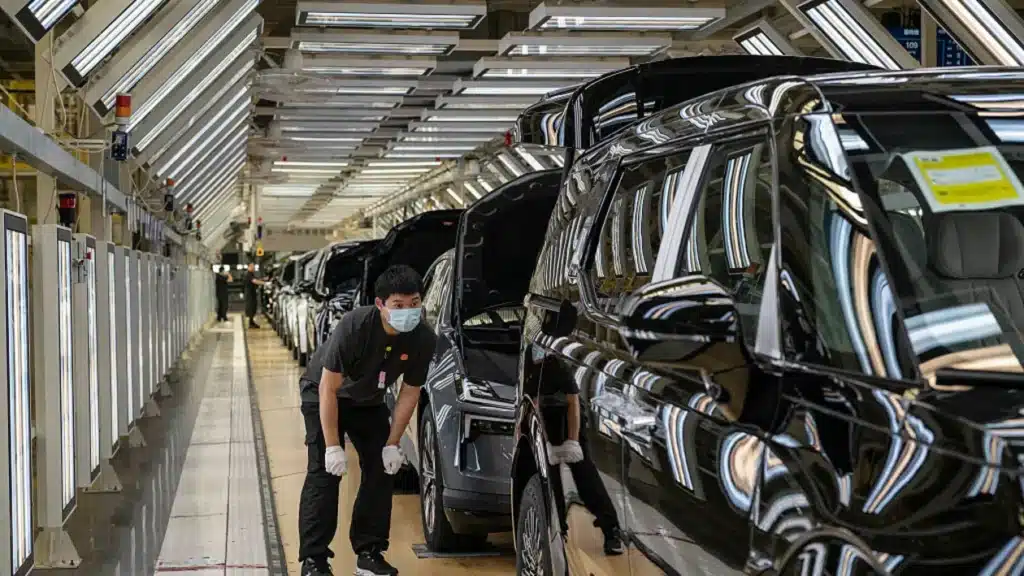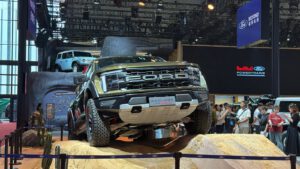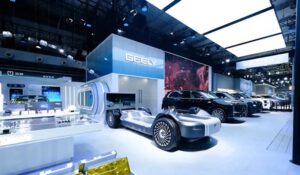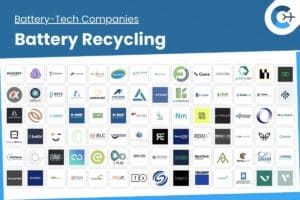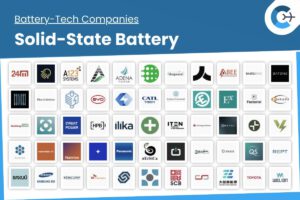Korean automakers are preparing for heightened competition as Chinese electric vehicle (EV) producers look to offload surplus inventory at discounted prices amid weak domestic demand and overcapacity.
Last month, BYD led price reductions of up to 34 percent on 22 models, signaling a broader trend that China’s Ministry of Industry and Information Technology has cautioned could spiral into a price war.
Over 100 Chinese automakers are contributing to production exceeding domestic consumption. Data from the China Passenger Car Association show that auto inventories reached 3.5 million units in April—the highest since December 2023—even as factory utilization averaged just 49.5 percent last year, according to Gasgoo Automotive Research Institute.
Industry analysts warn that aggressive exports of low-cost Chinese EVs could undermine the profitability of Korean brands in emerging markets such as Southeast Asia, the Middle East and Latin America. PricewaterhouseCoopers reports that Korea’s market share in the Association of Southeast Asian Nations fell from 5.3 percent in 2023 to 5.0 percent in 2024, while China’s share climbed from 3.4 percent to 5.0 percent during the same period.
“China may look to export its built-up inventory to Europe and emerging markets,” said Cho Chul, a senior researcher at the Korea Institute for Industrial Economics and Trade. “Because export prices for Chinese EVs are often higher than domestic prices, there is plenty of room for price cuts.”
Meanwhile, Hyundai Motor’s joint venture in China is preparing to reintroduce the market-specific Elexio EV in the third quarter. “Competition in China’s EV market is more intense than ever,” noted Lee Hang-gu of the Korea Automotive Technology Institute, though he added that gaining experience in such an environment remains valuable.
In established markets like North America and Europe, high tariffs may limit the impact of low-cost Chinese imports. Premium brands—including Tesla—are viewed as the main competition for Korean automakers in those regions. Tesla’s sales declined 13.4 percent year-on-year to 422,000 units from January through April, while Hyundai Motor Group’s sales rose 11 percent to 190,000 units, according to SNE Research.
Experts urge Korean industry to accelerate development in electrification, software-defined vehicles and related technologies ahead of anticipated consolidation in China’s EV sector, which could lead to mega-manufacturers with annual volumes of 5–7 million units.
Source: Korea JoongAng Daily

